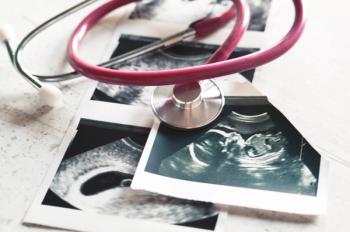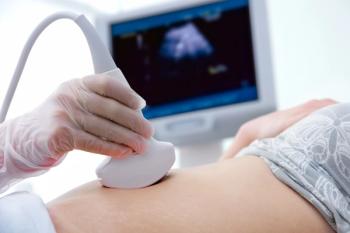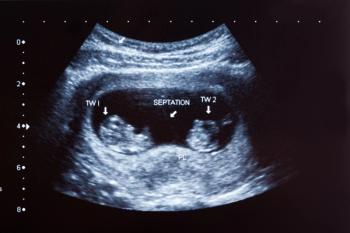
A new survey highlights gender differences in knowledge and attitudes toward GLP-1/GIP receptor agonists.

A new survey highlights gender differences in knowledge and attitudes toward GLP-1/GIP receptor agonists.

Review some of the top stories from the Contemporary OB/GYN website over the last week, and catch up on anything you may have missed.

A new study finds that women who experience menopause before the age of 40 years face a higher risk of cognitive decline.

A new study found that routine mammography significantly reduces late-stage diagnoses and mortality in women aged 70 years and older.

Stephanie Pearson, MD, FACOG, shares her journey transitioning from a provider to a patient following a work-related accident.

A new study reveals that polycystic ovary syndrome patients with subclinical hypothyroidism face greater risks of hormonal and metabolic imbalances.

A new study found that cell-free DNA from routine prenatal testing can accurately identify preterm birth risk without added cost or procedures.

A new study links gestational diabetes and high blood pressure during pregnancy to higher long-term cardiovascular disease risk, especially among women with obesity.

A novel oral antibiotic, gepotidacin (Blujepa; GSK), has demonstrated its effectiveness in treating uncomplicated urogenital gonorrhea, according to the results of a recent phase 3 clinical trial.

A new study finds that digital behavior change programs do not significantly increase moderate to vigorous physical activity among women with a history of hypertensive pregnancy disorders.

A phase 3 analysis shows that estetrol with drospirenone significantly reduces menstrual pain, mood swings, and other menstrual symptoms, offering clear benefits for both new and switching contraceptive users.

New research reveals elevated C-reactive protein levels during the follicular phase of menstruation may explain pain crisis patterns in female sickle cell patients.

A new study reveals a sharp rise in preventable pregnancy-related deaths across the United States, with significant racial, age, and state-level disparities.

A landmark fertility achievement, this artificial intelligence-driven intracytoplasmic sperm injection system marks a major step toward full automation in assisted reproductive technology.

Review some of the top stories from the Contemporary OB/GYN website over the last week, and catch up on anything you may have missed.

A new study finds that Black women living in economically disadvantaged neighborhoods face significantly higher breast cancer mortality rates.

A recent study found that a simple RNA-based blood test can identify the risk of hypertensive disorders in pregnancy months before symptoms appear.

A recent study highlights the effectiveness of drospirenone with estetrol in significantly reducing physical and emotional menstrual symptoms, especially among new hormonal contraceptive users.

Two-thirds of US teen girls live in states with abortion bans, gestational limits, or parental involvement laws, limiting access to care.

A large-scale study uncovers significantly higher uterine fibroid diagnosis rates among Black, Hispanic, and Asian women compared to White women, with notable differences across Asian subgroups.

A new study reveals that emergency department nurses in abortion-ban states are not receiving critical guidance from hospital leadership, leading to confusion, moral distress, and compromised patient care.

New research suggests pregnant women are less likely to develop long COVID compared to nonpregnant women, offering insights for future treatment strategies.

A nationwide study in the Netherlands finds first-trimester ultrasound scans highly effective at detecting major congenital anomalies in low-risk pregnancies, offering earlier diagnostic insights.

Discover how fezolinetant (VEOZAH; Astellas Pharma) is helping women manage moderate to severe vasomotor symptoms of menopause with rapid and effective relief.

Women with prior pre-eclampsia develop cardiovascular (CV) risk factors nearly a decade earlier, prompting calls for earlier and regular CV screening.

A global study uncovers the widespread stigma, emotional toll, and workplace challenges women face during menopause, highlighting the urgent need for awareness, support, and personalized care.

Primary care interventions, such as education and support, effectively promote breastfeeding up to 6 months, improving rates of any and exclusive breastfeeding, according to the USPSTF.

New research reveals that twin fetuses have reduced fat and muscle mass compared to singletons as early as 15 weeks of gestation, offering fresh insight for prenatal care.

Discover key strategies OB-GYNs can use to protect pregnant women from severe COVID-19 risks and ensure healthier maternal outcomes.

New research reveals that both COVID-19 infection and broader pandemic-related stressors significantly impact pregnancy outcomes, including increased rates of preterm birth, low birth weight, and neonatal intensive care unit admissions.